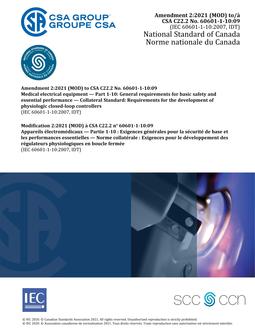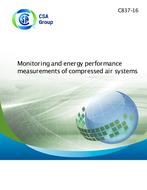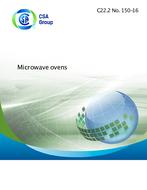Preface
This is the second edition of CSA C227.4, Three-phase, pad-mounted distribution transformers with separable insulated high-voltage connectors.
It supersedes the first edition published in 1978.
1 Scope
1.1
This Standard specifies the requirements for three-phase, pad-mounted distribution transformers, consisting of a transformer and a cable entrance compartment with provision for separable insulated high-voltage connectors, intended primarily for operation by electric utilities on three-phase undergrounddistribution systems having primary voltages as shown in Clause 4.6.Note: The operation of transformers complying with this Standard by other than an electric utility may be subject to additional requirements by the electrical inspection authority having jurisdiction.
1.2
This Standard applies to three-phase, 60 Hz, pad-mounted, liquid-filled distribution transformers, rated at 3000 kV.A or below, with an insulation class of 18 kV or less, and with separable insulated high-voltage connectors. The transformers are suitable for mounting outdoors on pads without additional protective enclosures.
1.3
This Standard includes voltage ratings, kV.A ratings, certain mechanical characteristics, and test procedures. The Standard also includes the following performance characteristics: energy efficiency (in accordance with CAN/CSA-C802.1), temperature rise, loading capabilities, audible sound level, and radioinfluence voltage (RIV).
1.4
When this equipment is intended for operation by other than an electric utility, it shall be the purchaser.s responsibility to ensure that the unit meets the requirements of the appropriate electrical inspection authority.
1.5
This Standard allows for the replacement of a dead-front, pad-mounted unit by another of the same basic physical size from a different manufacturer, without modifications to cables or pad. This Standard covers terminal arrangements for both radial and loop-feed systems, including certain minimum dimensions andcertain specific dimensions.
1.6
In CSA Standards, “shall” is used to express a requirement, i.e., a provision that the user is obliged to satisfy in order to comply with the standard; “should” is used to express a recommendation or that which is advised but not required; “may” is used to express an option or that which is permissible within the limits of the standard; and “can” is used to express possibility or capability. Notes accompanying clausesdo not include requirements or alternative requirements; the purpose of a note accompanying a clause is to separate from the text explanatory or informative material. Notes to tables and figures are considered part of the table or figure and may be written as requirements. Annexes are designated normative(mandatory) or informative (non-mandatory) to define their application.
Product Details
- Published:
- 03/01/2006
- Number of Pages:
- 62
- File Size:
- 1 file , 1.3 MB
- Product Code(s):
- 2417961, 2418194, 2417961


